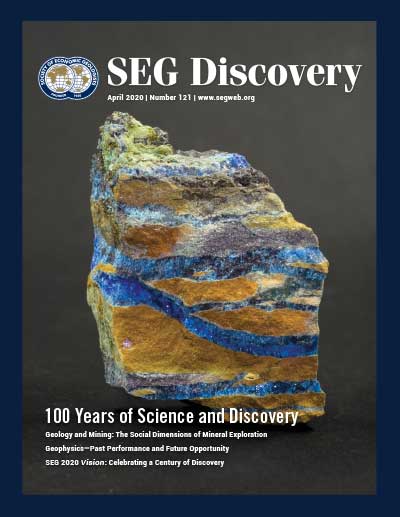The social dimensions of mineral exploration

Geoscientists are often the first point of contact a local community has with a company conducting mineral exploration. The behavior of the geoscientists and the interest they take in understanding the local community and stakeholders will have ramifications well beyond their direct exploration activities. This article highlights some of the positive and negative impacts exploration can have for local communities (in part drawing on interviews with experienced geoscientists and others involved in exploration). The article explores the increasing complexity of deposits in terms of environmental, economic, social, and political parameters and the increasing scrutiny by local stakeholders and the international community. We argue that, although geoscientists are not social performance specialists, they still need the awareness, tools, and capabilities to understand and manage the social aspects of their exploration activities commensurate with the stage and resourcing of the project. We propose three interrelated aspects of social performance that can be applied during mineral exploration: meaningful and positive engagement, acquiring and documenting a social knowledge base, and strategic investment in the community. Two case studies provide cautionary examples of failure to do so and two case studies highlight how, through careful engagement and strategic collaboration, mutually beneficial and positive relationships can be built from early exploration.
Please contact the authors if you would like a copy of this article.
Language: English
Publisher: Society of Economic Geologists
Region: Australia
Type: Article
CITATION
Mackenzie, S., Everingham, J., & Bourke, P., (2020). The social dimensions of mineral exploration. SEG Discovery 121 1 16-28
